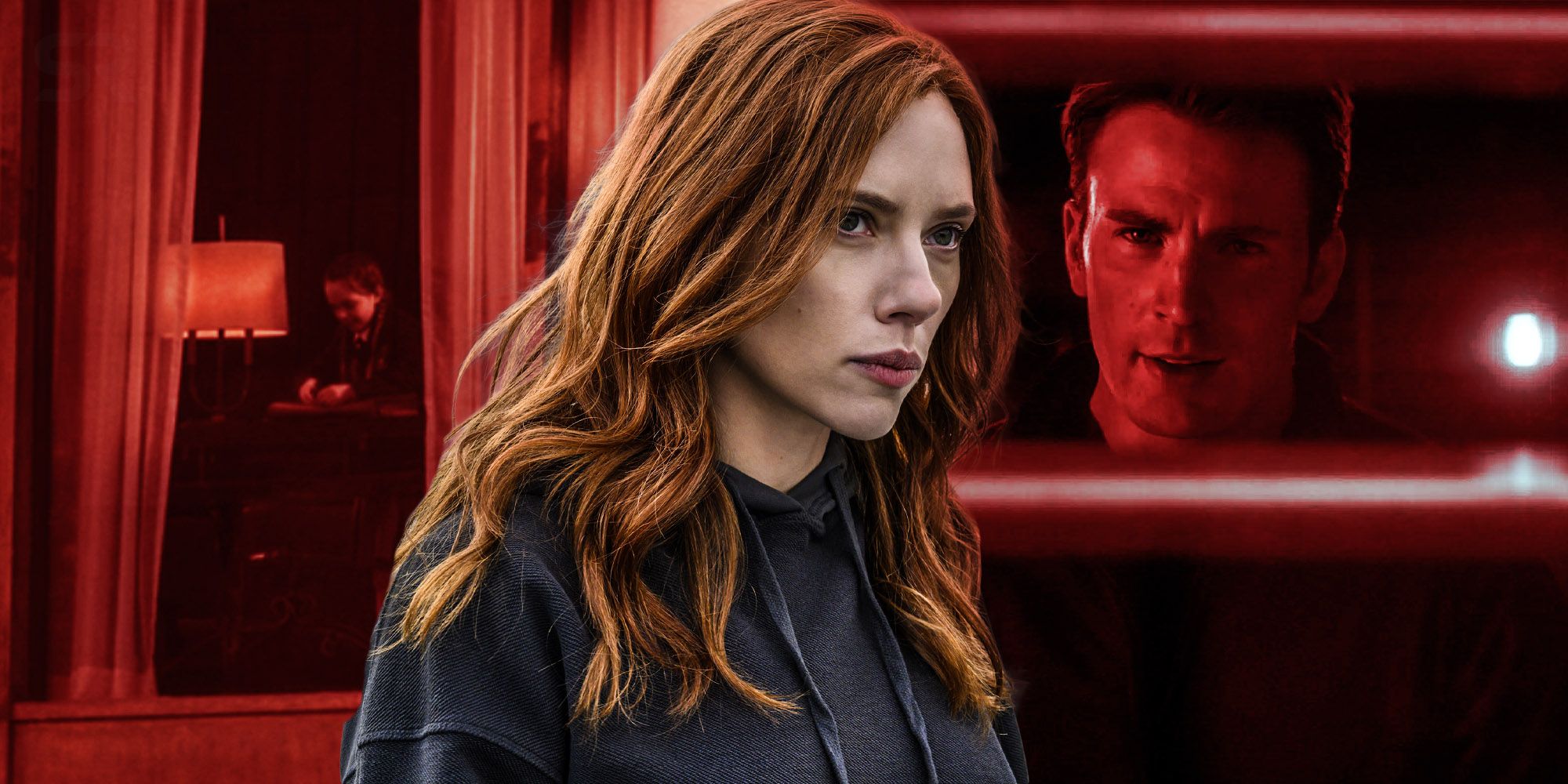
Warning: This post contains Black Widow spoilers.
Black Widow has always been the most mysterious member of the Avengers — and her solo movie finally resolves many of those longstanding mysteries. It may not be entirely fair, but the sad truth is that the MCU's first generation of Avengers can be divided into two categories; the main franchise leads, and the secondary characters. Black Widow was introduced in 2010's Iron Man 2, and despite fan interest in a solo film, Marvel resisted this until the beginning of Phase 4.
Until now, this has meant Natasha Romanoff's backstory has only ever been alluded to. There have been odd lines of dialogue, usually shared between Black Widow and her dear friend Hawkeye, and disturbing hints in Scarlet Witch-induced visions in Avengers: Age of Ultron. But these have raised more questions than answers, leaving viewers increasingly frustrated because Black Widow still felt like something of a mystery. While that may be oddly appropriate for the Avengers' super-spy, it's more than a little frustrating because at times it became difficult to get a read on who Natasha was as a character.
Black Widow finally answers a lot of these questions. It doesn't tell viewers everything about Natasha Romanoff's origin, but that's fine; there are aspects of the story Black Widow herself would never know, such as her mother's name (she'd learn her father's in Avengers: Endgame, courtesy of the Red Skull). Now, though, many of the mysteries have been revealed — and mostly in a satisfying way, too. Here are all the long-standing questions that have finally been answered.
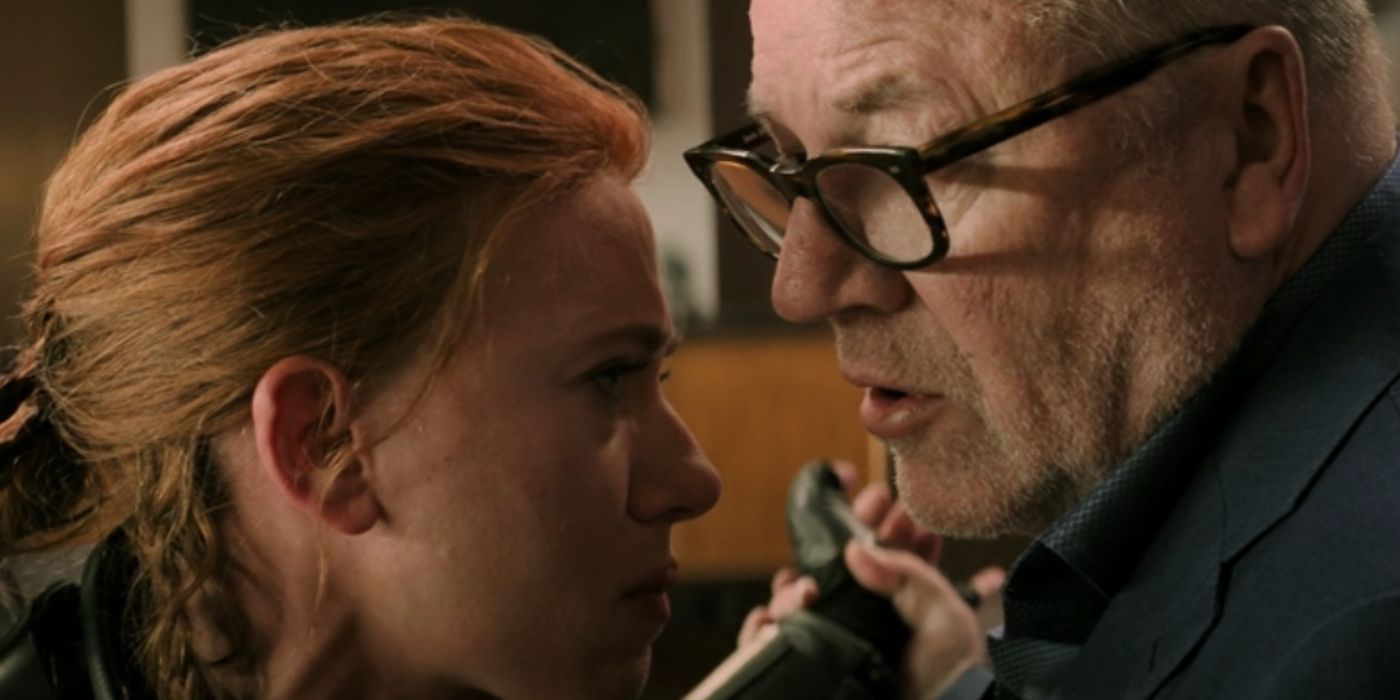
Black Widow finally reveals just how Natasha Romanoff became a Black Widow in the first place - and the film also hints at why she is undoubtedly the greatest graduate of the Red Room. According to the film, scientists identified her as a candidate from an early age due to genetic markers that suggested her potential. They paid off Natasha's parents so they could acquire the child, although it's likely the deal was struck with her father Ivan and her mother wasn't sold on it — given Natasha's mother apparently pursued her daughter relentlessly, forcing the Red Room to execute her for fear she would expose them to the world. Far from an unwanted daughter, Natasha can now look back with confidence she was loved. This subtly explains why the Red Skull's revelation in Avengers: Endgame — that Black Widow's father was named Ivan — meant so much to Natasha.
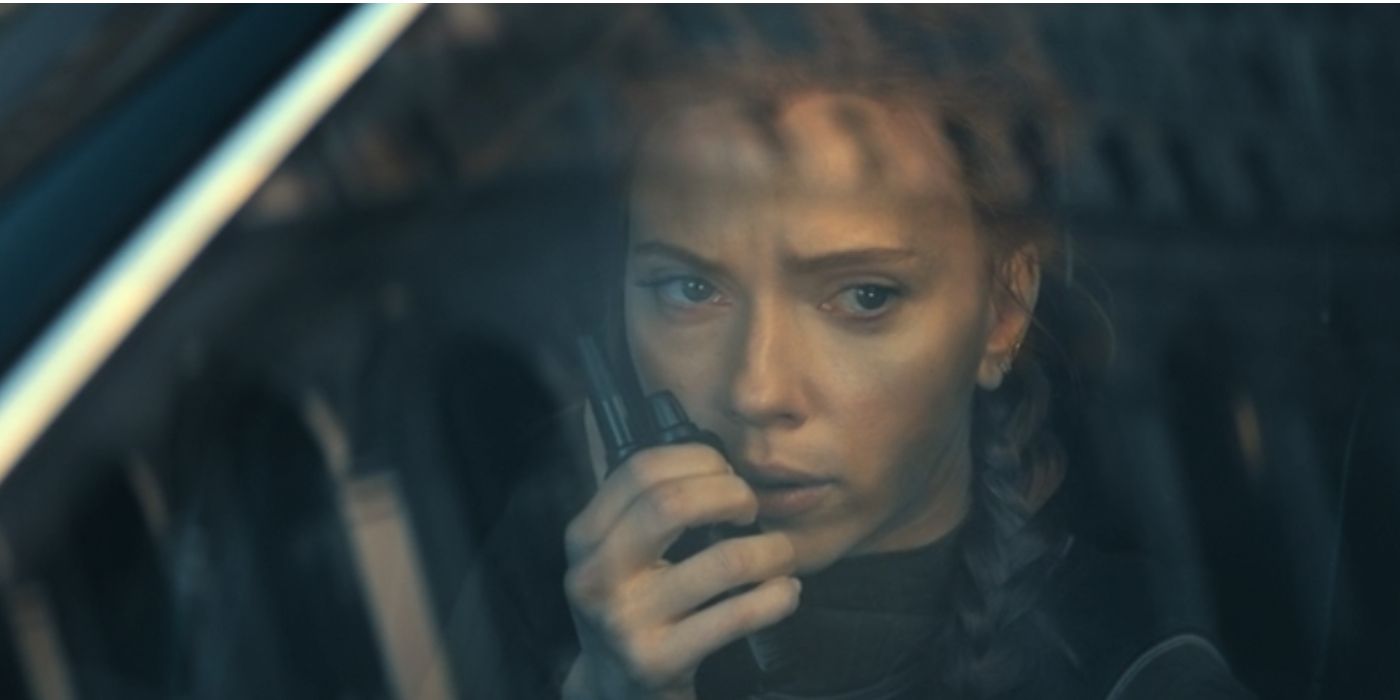
Black Widow's time in Budapest has been a recurring mystery in the MCU. In The Avengers, Black Widow and Hawkeye shared some banter about how fighting the Chitauri reminded them of Budapest; in Avengers: Endgame, the two shared a mission to the planet Vormir, with Hawkeye quipping about how they were "a long way from Budapest." That comment seemed to provide important context, suggesting the two either first met one another at Budapest or else they allied together for the first time. Given the apparent importance of Budapest to Black Widow's story, viewers were eager to learn the truth.
Black Widow confirms this was the place where Black Widow and Hawkeye first met, with Clint Barton apparently tracking the super-spy to her safe-house — explaining why there were arrow-holes in the wall. He persuaded her to defect to SHIELD, and she proved herself by taking down the Red Room. She did this by tracking down the Red Room's boss, General Dreykov, who they believed they killed with an explosive. The two then wound up pursued by Hungarian Special Forces, engaging in multiple firefights before hiding out for weeks in a secret hidey-hole in the subways.
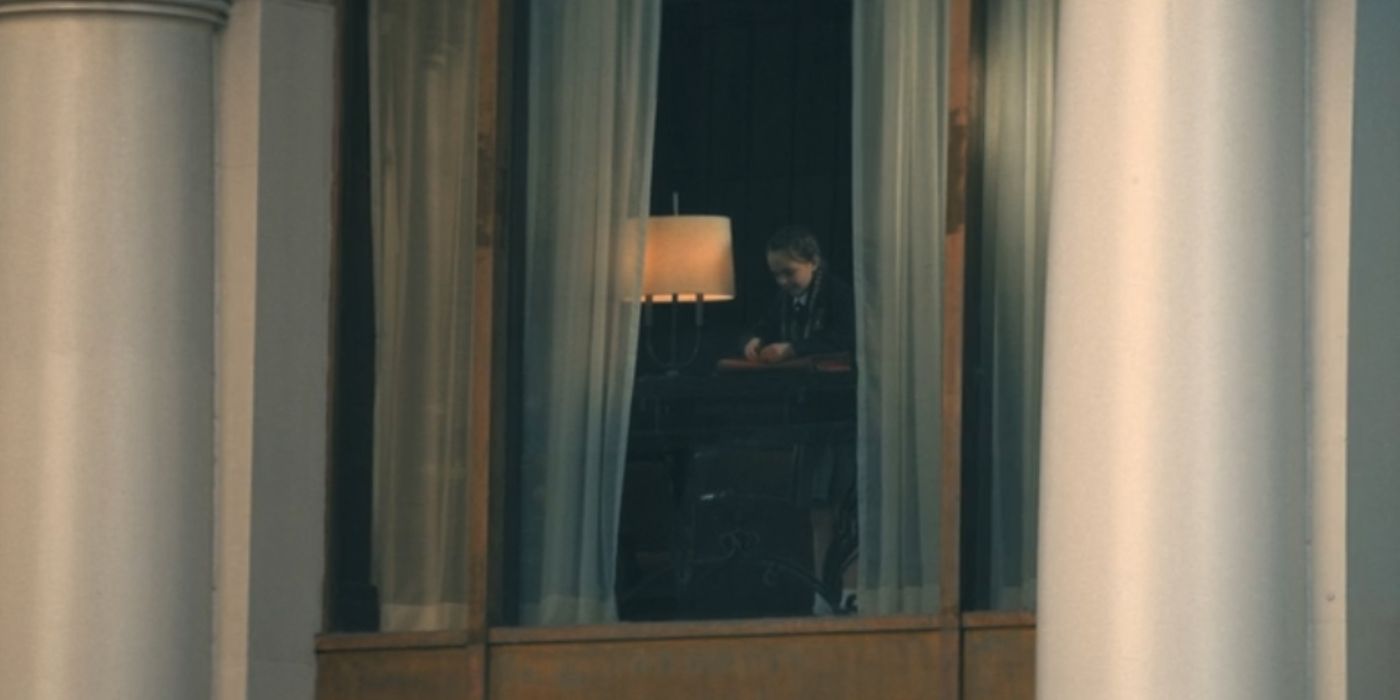
In The Avengers, Loki taunted Black Widow that she could never redeem herself, that she could never erase the red on her ledger. "Can you wipe out that much red?" the trickster god asked. "Dreykov's daughter? Sao Paulo? The hospital fire? Barton told me everything. Your ledger is dripping, it's gushing red, and you think saving a man no more virtuous than yourself will change anything?" The reference to Dreykov's daughter was always the most intriguing because in the comics the name Dreykov is associated with the Red Room — so anyone familiar with the comics concluded this had to be something to do with Black Widow's initial defection to SHIELD. This theory was proved correct: Dreykov's daughter was collateral damage, with Black Widow using her to confirm Dreykov's presence in the building she and Hawkeye had rigged bombs. She believed both Dreykov and his daughter to be killed in the bomb blast, and clearly regretted this so much she told Hawkeye about it in the end — only for Clint Barton, brainwashed by Loki, to divulge her secrets. Years later, of course, Black Widow would learn Dreykov's daughter had not been killed; rather, she had become Taskmaster.
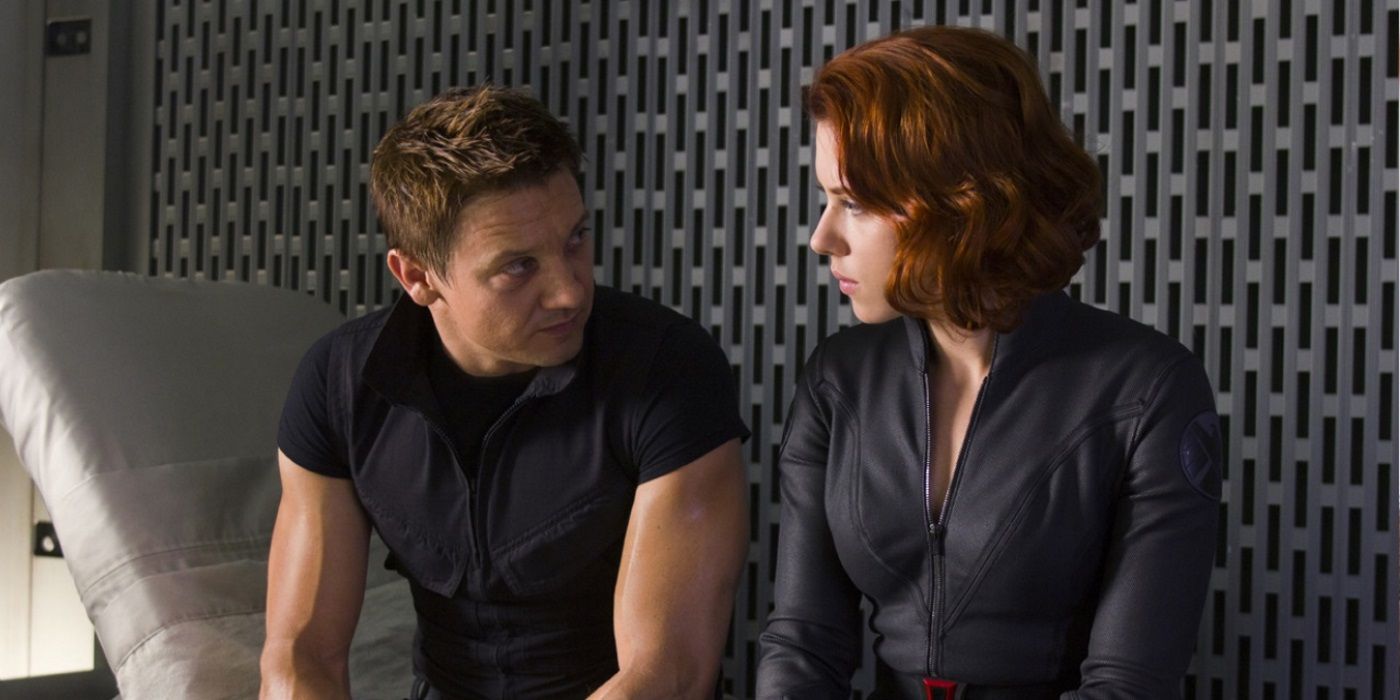
The relationship between Hawkeye and Black Widow has always been a close one, with The Avengers revealing Clint Barton was the one who persuaded Natasha to defect; they remained so close Clint named his third child "Nathaniel," the masculine form of Natasha. Black Widow reveals why the two became so close, because not only did Hawkeye persuade Black Widow to change sides and run her mission against Dreykov, he subsequently spent a great deal of time hidden in a subway with her. The two bonded, building a friendship that would last years and sustain them as superheroes, culminating in a final duel on Vormir as each attempted to sacrifice themselves for the other. Their closeness makes the end of that duel, with Black Widow dying on Vormir, even more tragic.
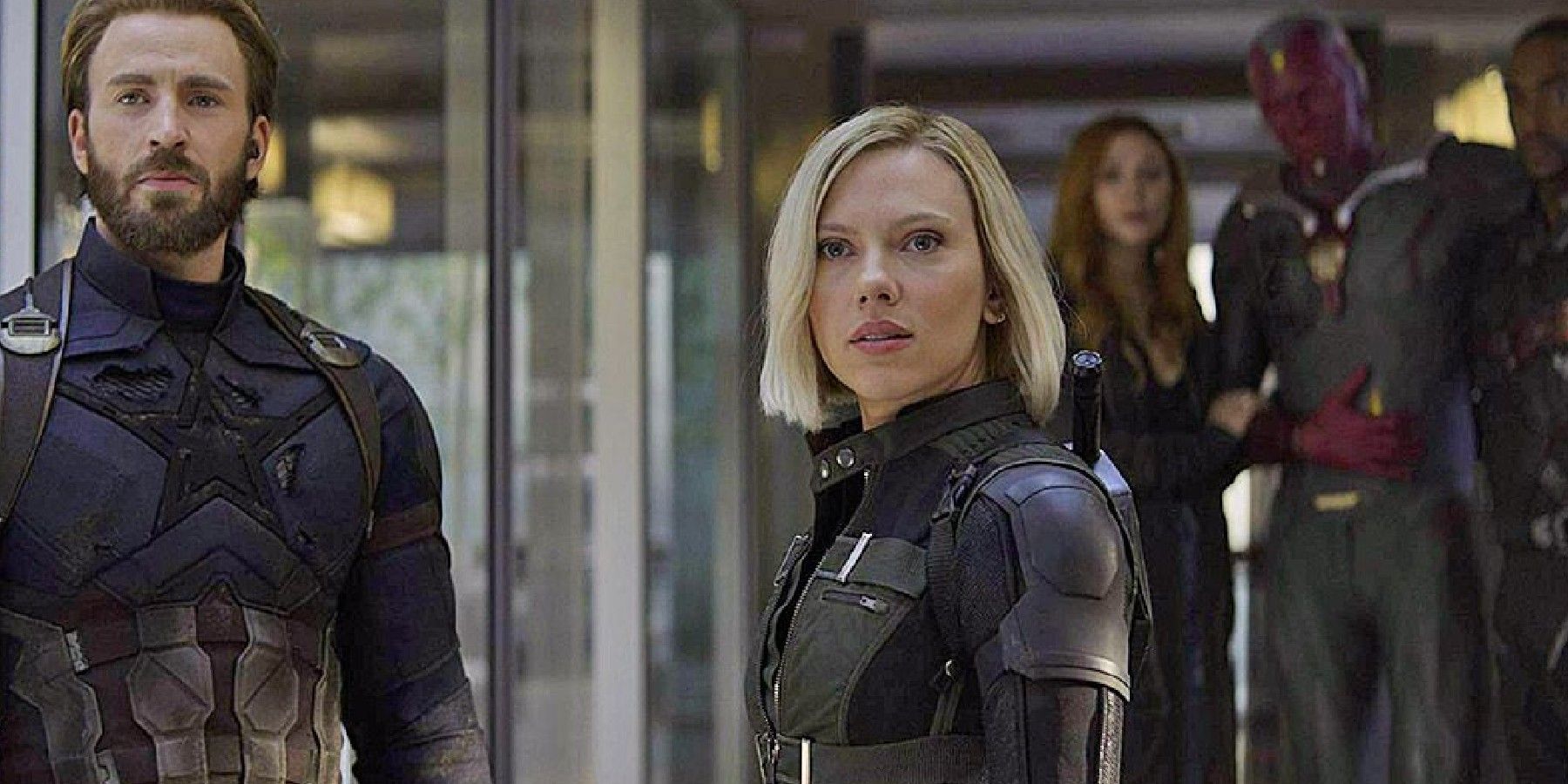
Black Widow begins with Natasha telling Ross she's done. When the film begins, she has no intention of returning to action as a member of the Avengers, because she feels her second family has broken apart just like the first did. Over the course of the movie, however, Natasha learns families can actually be brought back together again, and she resolves to try to heal the Avengers as well. Black Widow ends with Natasha deciding to ally with Captain America and free the Avengers who have been imprisoned on the Raft.
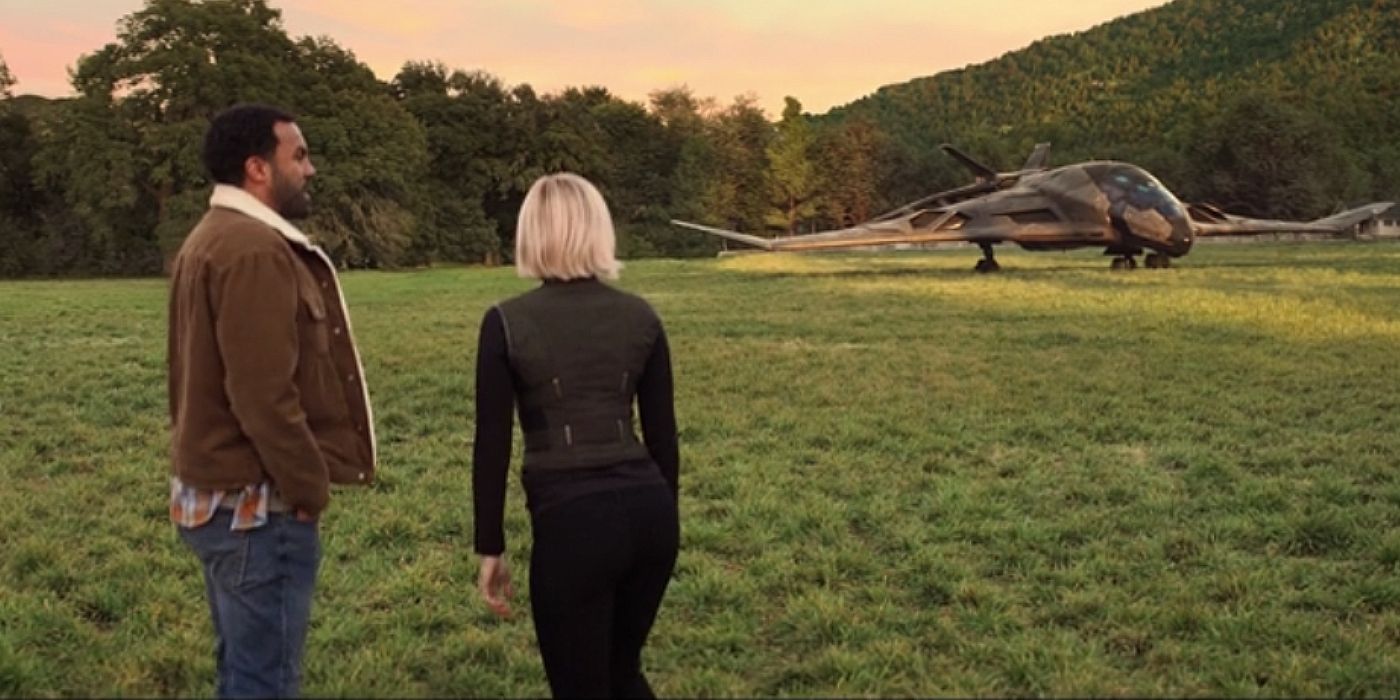
In a smart retcon, Black Widow explains how Captain America broke into the Raft to free the Avengers who were held captive there; she acquires a pretty superb stealth jet, and then presumably seeks out Steve Rogers in order to participate in the jailbreak. It makes a lot more sense that a super-spy would be much more effective at breaking into a maximum-security prison than a super-soldier, and indeed Black Widow seems to foreshadow this in showing her liberating Red Guardian earlier on. This is well-handled because it fits with the theme of agency that is central to Black Widow; Natasha didn't just return to the Avengers to follow Captain America, but rather instead she took the initiative to assemble this small band of Secret Avengers. The retcon further establishes Black Widow as the heart of the team long before Avengers: Endgame, when she was the one who refused to give up. "I used to have nothing," she reflected. "And then I got this. This job... this family. And I was... I was better because of it. And even though... they're gone... I'm still trying to be better." There's now a clear narrative throughline in Black Widow's story, one that runs from Captain America: Civil War, through her solo movie, and into Avengers: Infinity War and Avengers: Endgame.
https://ift.tt/3yE7CNk
July 10, 2021 at 11:28PM




